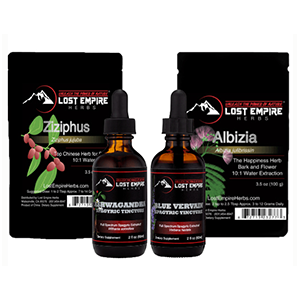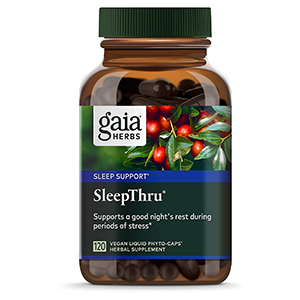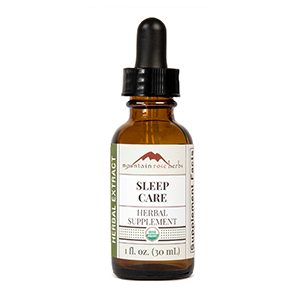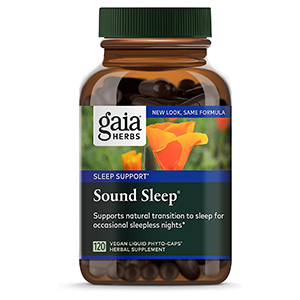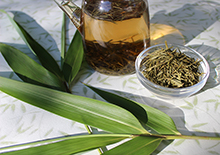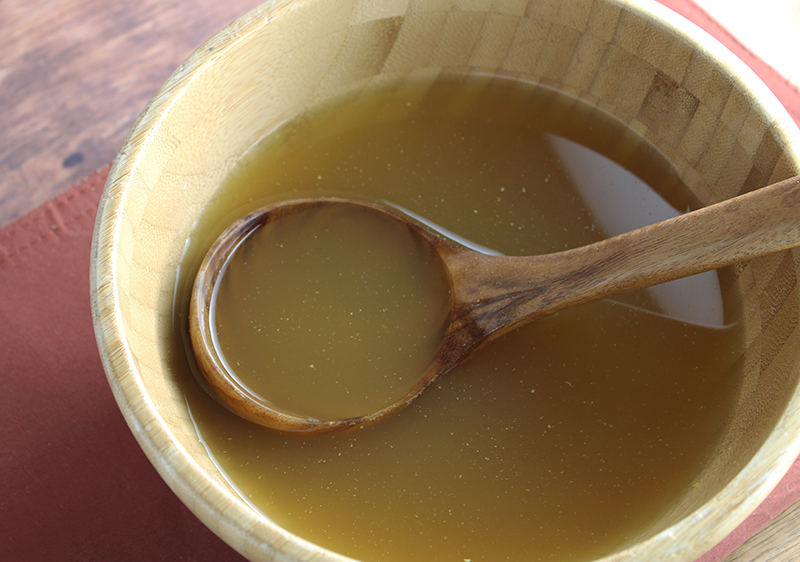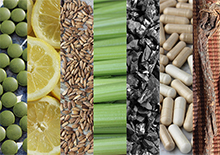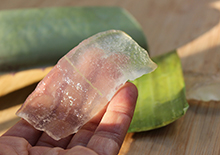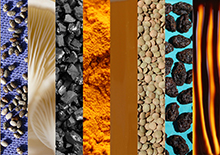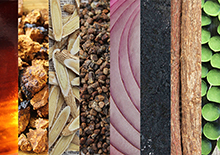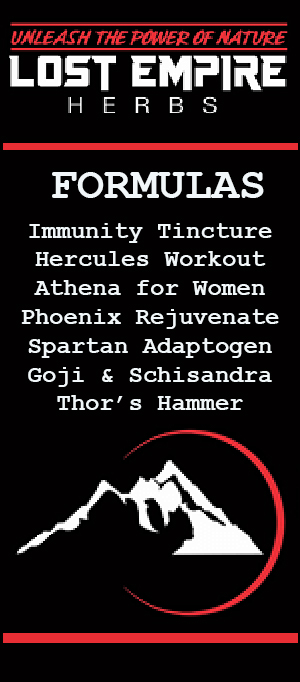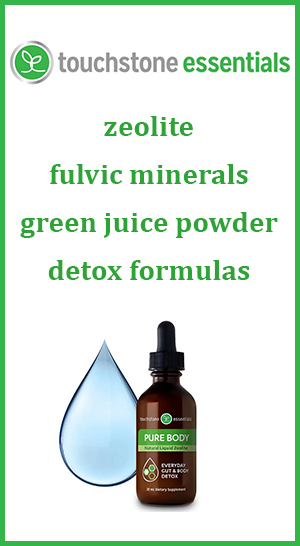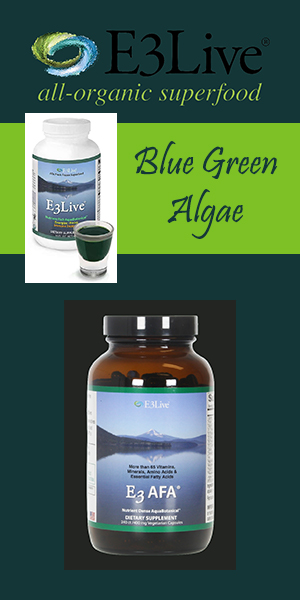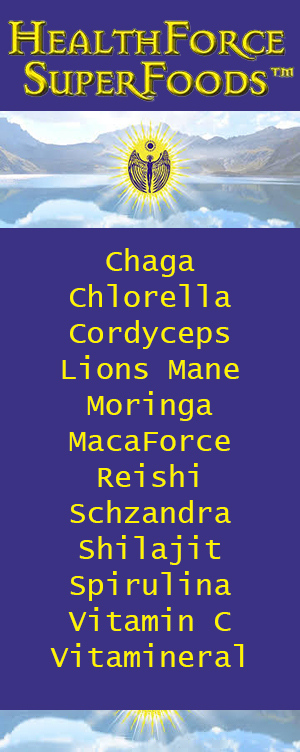- Home
- Top Superfoods
- Natural Sleep Aids
Natural Sleep Aids | Superfoods for Insomnia
What is Insomnia? | Herbs, Vitamins and Foods | Herbs | Vitamins and Supplements | Favorite Foods as Natural Sleep Aids | Precautions | Shop
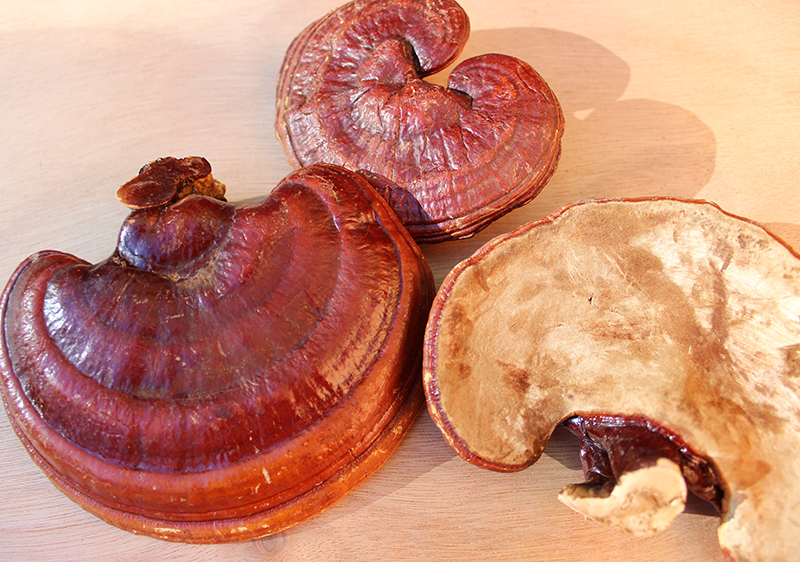
This is our list of natural sleep aid including foods, herbs, vitamins and supplements to select from if you're someone who has short-term or chronic insomnia.
What does the term "insomnia" mean? It is basically used to define someone who has trouble falling asleep or can't stay asleep for long periods of time.
Table of Contents:
What is Insomnia? | Herbs, Vitamins and Foods | Herbs | Vitamins and Supplements | Favorite Foods as Natural Sleep Aids | Precautions | Shop
It is estimated that between 1 in 3 people worldwide have occasional short-term insomnia and 1 in 10 people have chronic insomnia or nightly sleeplessness that lasts over several weeks.
Oftentimes, addressing the root causes of insomnia can help one to heal or lessen these sleep-related issues.
This may include things like maintaining healthy lifestyle practices such as getting enough exercise, eating balanced meals as well as eliminating alcohol and caffeine consumption or reducing to a minimum.
There are of course certain dietary adjuncts that can also influence better sleep.

Herbs, Vitamins and Foods for Insomnia
Here is our recommended list of herbs, vitamins, supplements and foods to consider.

1) Herbs: Adaptogens and Nervines
Many herbs are promoted for insomnia.
However, there are two specific categories of herbs that work in different ways. These are adaptogens and nervines.
1) ADAPTOGENS - Adaptogens work to increase bodily resistance to daily life stress. The top adaptogens highly revered for their ability to encourage a restful night's sleep include:
2) NERVINES - The top nervines often utilized for their sedative or relaxing qualities include:
- Hops
- Skullcap
- Valerian Root
- Passionflower
- Blue Vervain
- St John’s Wort
- Chamomile
Many of these two categories of herbs are available from some of our favorite top herbal brands, often in product formulations.
2) Natural Sleep Aids, Vitamins and Supplements
CALCIUM and MAGNESIUM are a dynamic duo known for their nourishment to not only the bones but also the central nervous system, helping to relax anxiety caused from day-to-day stress factors.
Generally, when taking supplements, 500 mg of calcium and 250 mg of magnesium is a good ratio for most people.
Note: When looking to purchase the highest quality vitamins, we personally prefer food-based over synthetic varieties for best absorption and safety aspects.
VITAMIN B12 deficiency has been associated with increased cortisol levels, which can interfere with sleep rhythms.
If you test low for this useful sleep nutrient, supplementing with a high-quality B12 methylcobalamin-based product can help.
VITAMIN D3 is a vitamin that aids calcium absorption and is often linked with sleep disorders.
While it's important to get vitamin D3 through natural sun exposure on the skin, supplementation is also possible.
OMEGA-3 supplements are full of EPA and DHA, essential fatty acids needed for proper brain and neurological functions as well as to help regulate inflammation in the body.
These omega-3s are often lacking in the average diet and especially in those who are sleep-deprived due to acute or chronic insomnia.
Omega-3 supplements are either fish oil based or made from algae for a vegan-friendly option.

MELATONIN, frequently called "the sleep hormone", plays an essential role in promoting restful sleep cycles.
Melatonin is available as a dietary supplement and is often recommended for those with sleep disorders. Usually, an average dose is 5 mg but this may vary according to the individual.
There are many CBD (Cannabidiol) supplements and creams that you can purchase from most health food stores these days.
They are non-psychoactive and have been known to help with pain-associated insomnia as well as occasional sleeplessness.
3) Our Favorite Foods as Natural Sleep Aids
This is our list of several foods to consider adding to the diet, both plant-based and animal-derived options.
KALE - Leafy Green Vegetables are filled with minerals. Kale in particular is high in calcium, potassium and magnesium content. Kale is great steamed and combines well with many foods.
BEE POLLEN is a potent superfood source of B complex vitamins needed for a good night's sleep. Adding only small amounts to smoothies or using it as a condiment topping can increase daily intake significantly.
OATMEAL for breakfast can help to soothe the gut, promote bowel regularity and encourage bedtime rest with its source of nutrients. It is a grounding food for those with dry or frail constitutions, especially great for seniors with sleep disorders.
WALNUTS are a great snack food to eat during the day and are naturally high in melatonin.
SHIITAKE MUSHROOMS or other types that have been grown in ultraviolet light are high in Vitamin D2. Fresh or reconstituted dried mushrooms can be utilized in sautés, stir-fries or added to soups and sauces.
SEAWEEDS like kelp, dulse or sea lettuce are nutritious foods to include in the diet and are packed with grounding minerals. They're easy to add to soups, stews or when cooking beans or grains.
FERMENTED DAIRY PRODUCTS like milk kefir or yogurt can help to supply many sleep-nourishing nutrients for those with insomnia. It is traditional to consume them a few hours before bedtime for best results.
FATTY FISH such as salmon is a good source of vitamin D and omega-3, both of which can contribute to restful sleep.
Precautions:
It is best to consult your healthcare professional if you have ongoing sleep disorders prior to using any natural sleep aids. This is also the case if pregnant, nursing or if you have a serious health condition or are taking any prescribed medications.
Shop Related Products (About Affiliates & Amazon Associate Paid Links)
Affiliate Disclaimer: This section contains affiliate product links. If you make a purchase through our recommended links, we receive a small commission at no additional cost to you. Thanks for the support.
